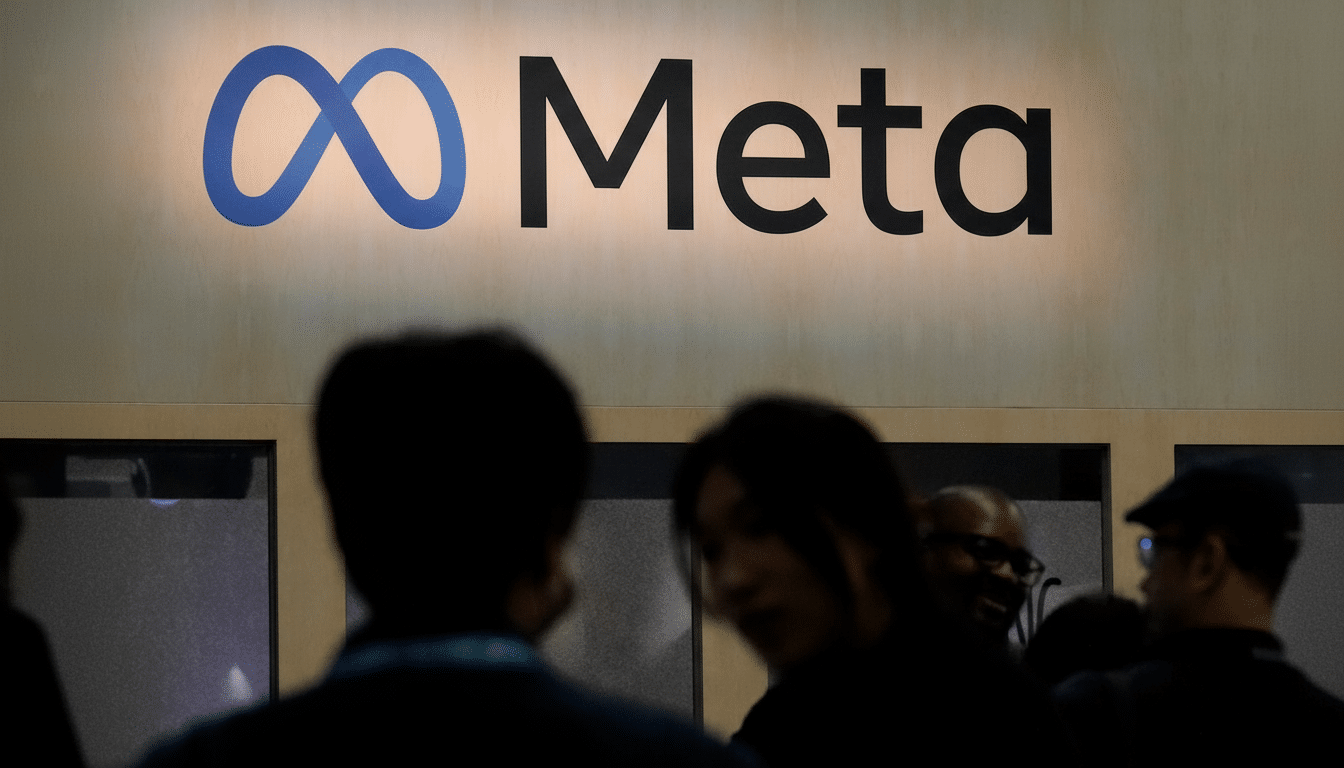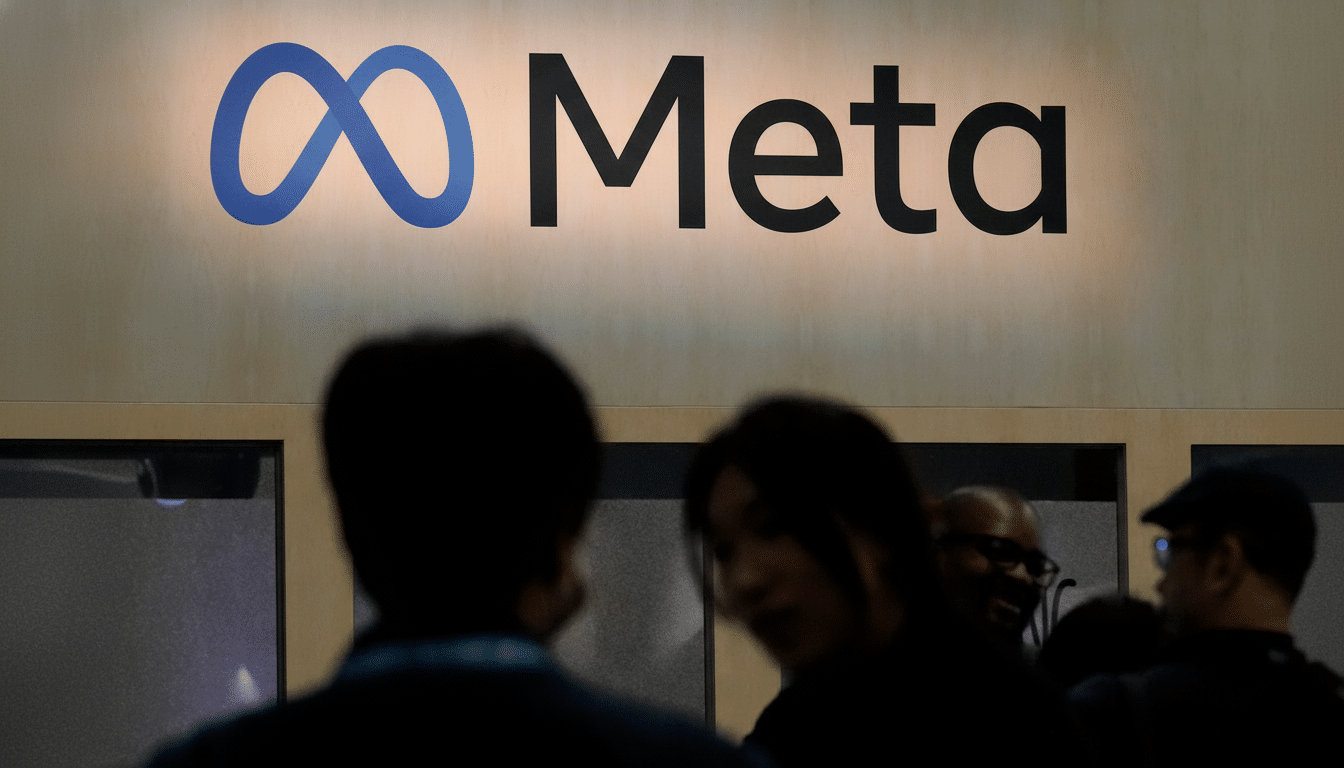Meta has prevailed over the Federal Trade Commission in a closely watched antitrust case, after a federal judge ruled that the agency did not show that the company currently holds monopoly power over social networking.
The ruling keeps Meta’s acquisition of Instagram and WhatsApp intact and represents a major blow to American authorities working to unravel prior tech takeovers.

Judge Sees No Continued Monopoly Power at Meta
The F.T.C. had accused the company of engaging in anticompetitive conduct to maintain a monopoly power and sought structural relief that could have resulted in Meta divesting Instagram and WhatsApp. The court rebuffed that theory, holding that the agency’s case stumbled over current market realities as opposed to what happened in the past. Antitrust punishes the exercise of monopoly power, not the mere possession of bigness, and only with evidence that this market power is durable and exclusionary in a well-defined market.
Judge Boasberg had dismissed an earlier iteration of the complaint for lack of detail but then allowed an amended case to go ahead. However, at trial, the court determined that there was insufficient evidence to establish that Meta continues to dominate a relevant market with a proven measure of success for liability purposes. User time and creator attention now move seamlessly from one platform to another in ways that did not exist or were much smaller at the time Facebook made its landmark acquisitions, Meta contended. The court found that competitive reality persuasive.
Meta’s lawyers stressed cutthroat competition for user engagement and advertising dollars. Company executives cited product changes like Reels and the ascendance of short-form video as fast-evolving competition that belied the notion of a steady, uncontested market.
Market Definition Tilted the Case in Meta’s Favor
At the center of the conflict was an argument over how to define the market. The F.T.C. zeroed in on “personal social networking services,” to carve out broader video platforms and entertainment apps. The court was not convinced. User behavior studies have demonstrated that users multi-home on apps and freely switch between services according to their format and audience, blurring strong market boundaries.
Public data supports that view. Facebook says it has more than 2 billion daily active users; TikTok reportedly has over a billion monthly users and YouTube claims to have more than 2 billion logged-in monthly users globally. Reports from Data.ai and the Pew Research Center have tracked a redirection of time spent toward short-form video and sharing content across platforms. That cross-elasticity of attention — together with low switching costs, and stout multi-homing — was key to the court’s finding that Meta is under significant competitive pressure.
Do you see the economics of network effects in the court’s analysis here too? With Meta’s size comes certain advantages, but economies of scale do not automatically mean something is granted legal monopoly power when people and creators can easily move content and attention to other platforms. In practice, advertisers and influencers now plan campaigns across numerous apps, pursuing reach, conversions and creator tools rather than a single all-important social graph.

High-Stakes Remedies Off the Table for Now
The F.T.C. sought to unravel the Instagram (2012) and WhatsApp (2014) deals — a de facto breakup. With the loss, the remedy of ending that practice is now not available unless the agency does succeed on appeal. Yet this kind of reorientation is rare in U.S. antitrust law: structural remedies usually require especially clear evidence of both monopoly power and harm to competition that less draconian measures won’t fix.
The result adds to a checkered litigation record against Big Tech. The F.T.C. had previously been unable to stop Meta from acquiring the VR fitness app Within, and has had trouble in other industries as courts have demanded precise definitions of markets and proof of lasting power. And separate cases against other tech behemoths — like the Justice Department’s challenges to Google’s search and ad tech practices and the F.T.C.’s suit against Amazon — show regulators’ broader game plan of trying out new theories of harm caused by digital markets.
Why the Ruling Matters for Meta and Regulators
For Meta, the move lowers legal risks around two of its core assets that are bedrocks of its advertising business and messaging universe. It also validates a competitive narrative that presents TikTok, YouTube and nascent formats as genuine constraints on Meta’s pricing and product choices. Investors and partners, in turn, are likely to view the ruling as a sign that the company can continue to integrate features and cross-promote across what it calls its “Family of Apps” without immediate structural threats.
For policymakers, the ruling underscores the challenge of applying traditional antitrust to markets where currency is attention rather than price. So long as the pace of switching remains completely unchecked, and creators publish in multiple places, plaintiffs face a steep climb in demonstrating persistent control. That shifts more weight onto forward-looking filters of merger review, interoperability policies and privacy rules that set competitive conditions before power sets in.
What Comes Next in the F.T.C. Meta Antitrust Fight
The F.T.C. can appeal to the D.C. Circuit, and the central fight over market definition will probably play out through that process. Get ready for fresh battles about how to measure market power in nonprice markets, whether time spent is the right metric and how much creator ecosystems count. Whatever the appeal of the case, it highlights a larger truth: in the platform economy, competition tends to look not so much like a single company’s domination of a silo as like an ongoing battle for user attention across formats and news feeds.
Meta, for its part, will exploit the advantage. The company is making investments in AI-driven recommendations, creator monetization and interoperable messaging, all made to keep users around and facilitate more ad spending. Whether regulators can design new frameworks that account for competitive harms in this environment is one of the defining policy questions in tech.

